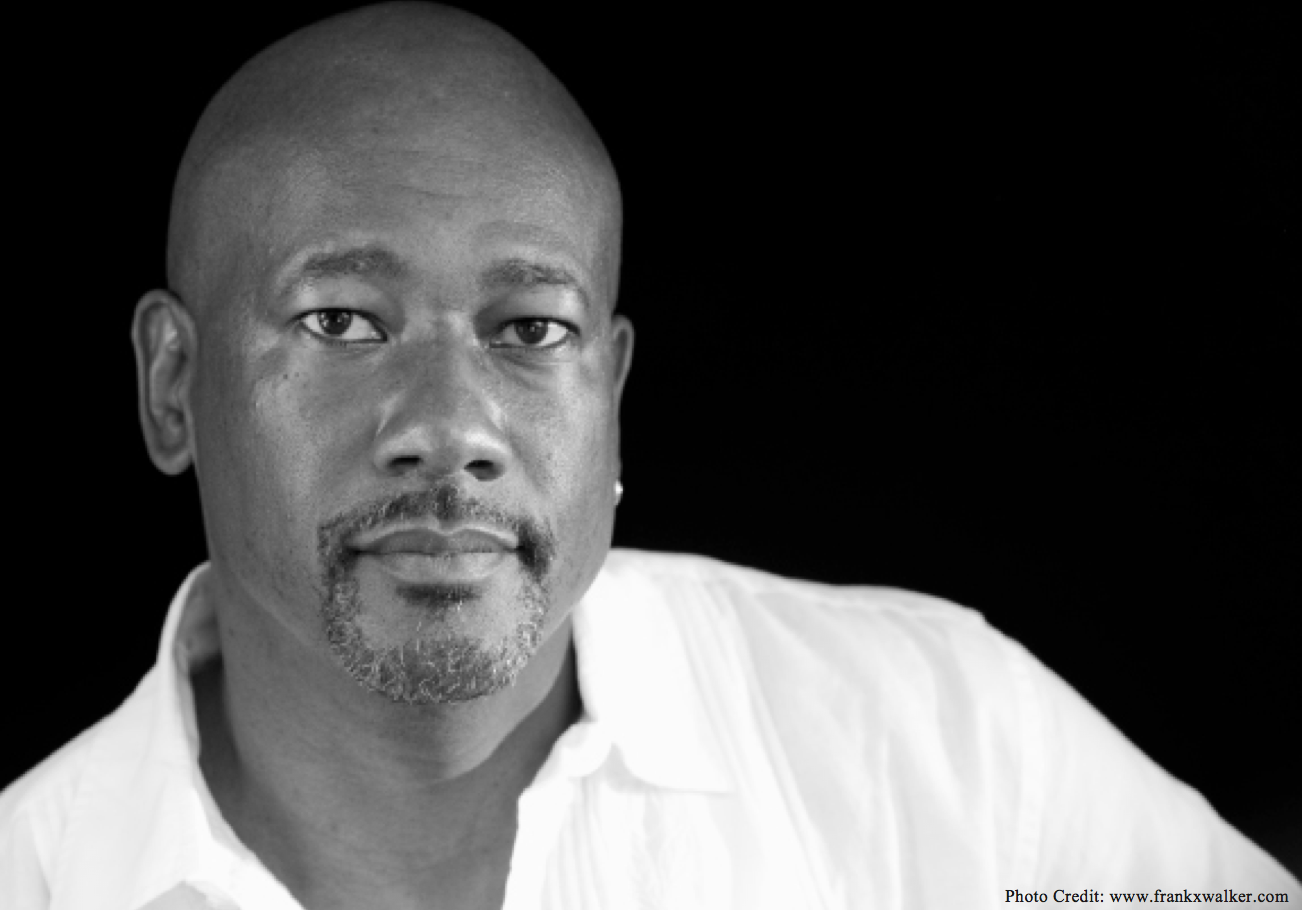Poet speaks on life and legacy of Medgar Evers

Poet Frank X Walker (left), the poet Laureate of Kentucky, gave a lecture last week in Joseph Theater in which he read excerpts from his newest book, “Turn Me Loose.” (Photo Credit: frankxwalker.com)
By Anika Jensen, Staff Writer
On Thursday, Oct. 30, poet Frank X Walker delivered the 37th annual Cross Lecture in a tightly packed Joseph Theater.
The Poet Laureate of Kentucky spoke about his book “Turn Me Loose: The Unghosting of Medgar Evers,” a collection of poems that highlights the legacy of the Civil Rights leader.
Walker opened by saying he was not going to deliver a “traditional lecture,” in that he would instead be reading selected poems and then expanding on the context and meaning of each.
In writing about Medgar Evers, Walker aims to “make the invisible visible” and reveal historical truth both about Evers and the Civil Rights Movement as a whole.
He stated that his book was meant to impact the reader emotionally and establish different perspectives; thus the poems are written from the points of view of different figures involved in Evers’ life and assassination.
Evers’ voice is never actually present, he stated, except in the title, as “turn me loose” was the last phrase he uttered before dying. The primary voice throughout the book, however, belongs to Byron De
La Beckwith, Evers’ killer. Walker read fifteen of his poems and spent a few minutes explaining each one and how it fit into the context of the book as a whole. Music, he said, is an essential theme throughout the collection, as some of the poems are meant to be ready as if they were being sung or chanted.
Walker took inspiration particularly from the songs “Strange Fruit” and “Dixie.” Another significant aspect of the novel, Walker explained, is the tribute to Myrlie Evers, Medgar’s wife, as she was able to channel her despair and rage into action when she joined the Civil Rights Movement.
Walker read the first poem of the book, “What Kills Me,” a fiery call to arms from Myrlie’s perspective borne from her resentment toward the disregard for her husband’s life. In addition to Myrlie, Walker also writes from the perspectives of the wives of Byron De La Beckwith for added context.
Walker also spoke about the deaths of Michael Brown and Trayvon Martin, both of which parallel the story of Medgar Evers.
When asked about the cases of the two young men, Walker said that they are part of the “most difficult conversation to have in America,” but their stories needed to be told to solve contemporary race issues.
On the shooting of black teenagers, Walker commented, “How do you hate so much?”
The event was Co-sponsored by the English Department, Office of Intercultural Advancement, The Center for Public Service, the Garthwait Leadership Center, and EPACC.
Walker’s collection of poetry, “Turn Me Loose” was awarded the NAACP Image Award for Poetry as well as the Honor Book Award for Poetry from the Black Caucus of the American Library Association. Walker is the first African American poet laureate of Kentucky.
